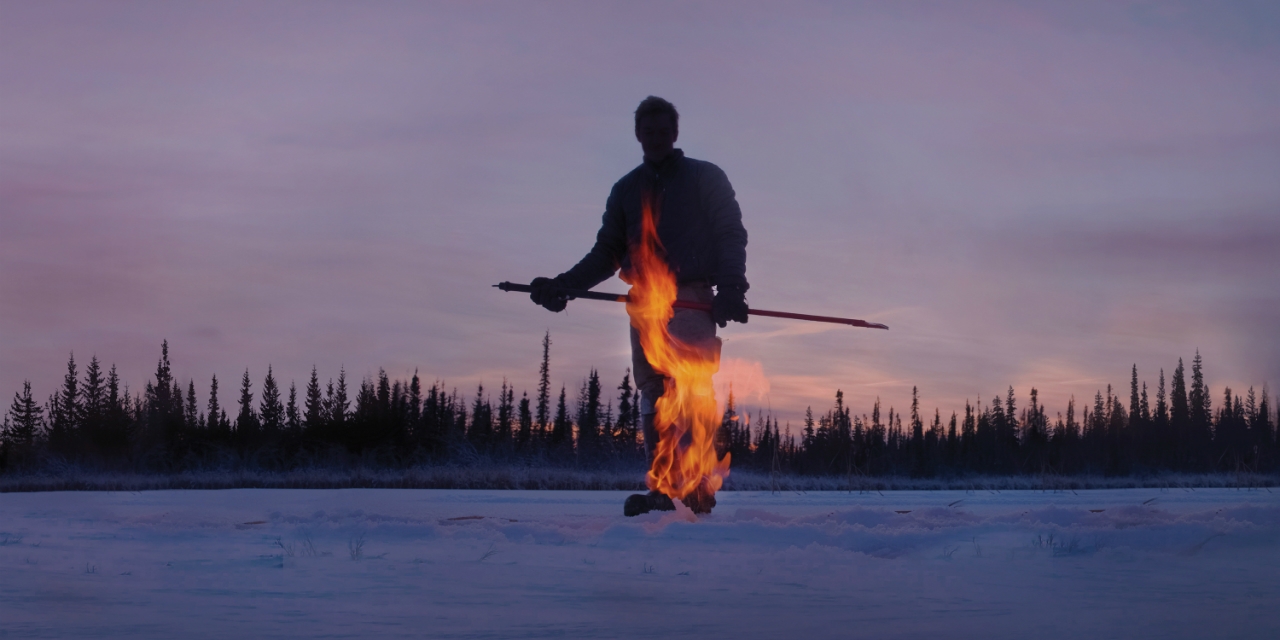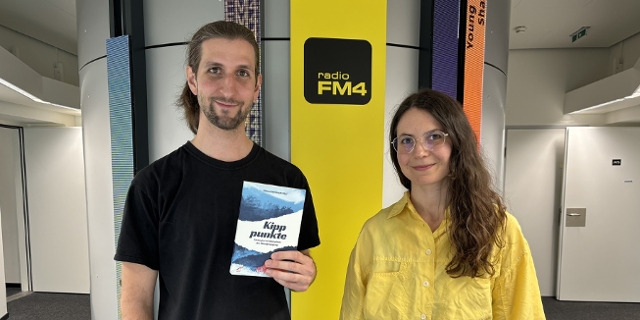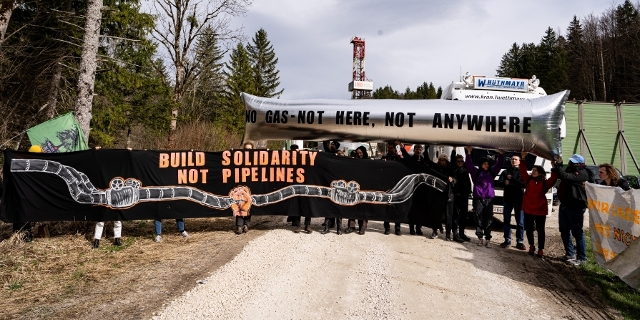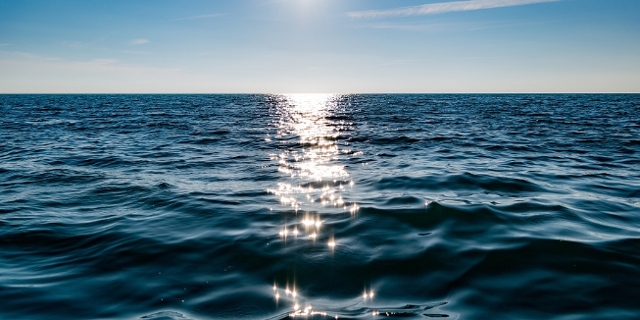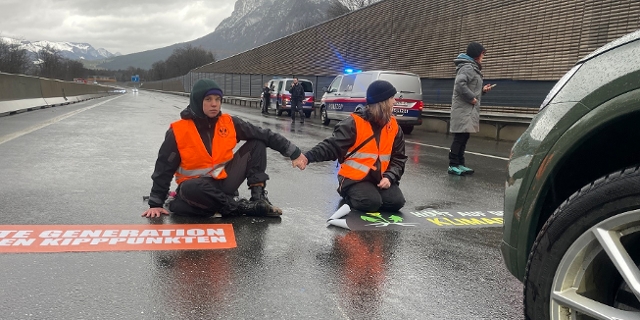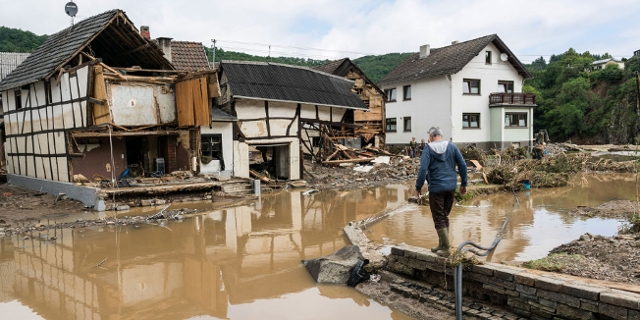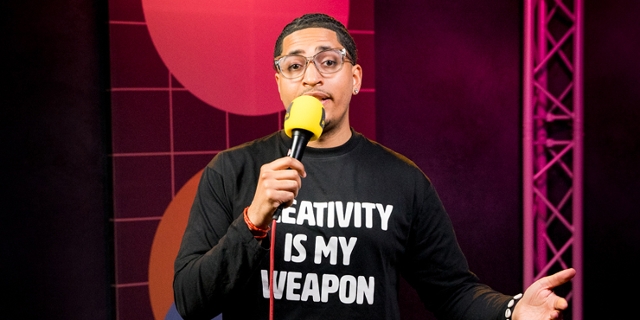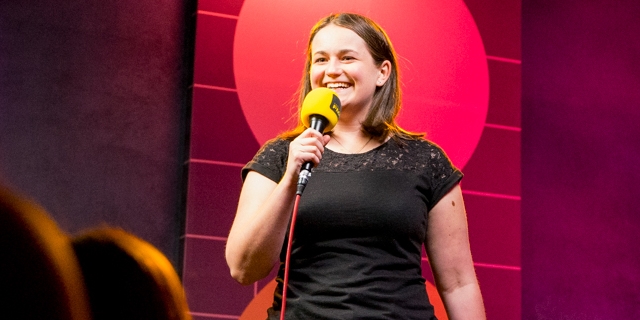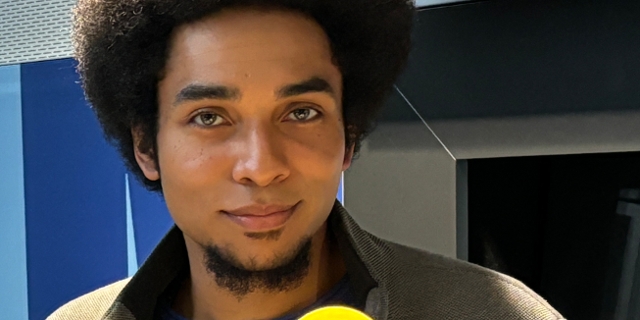Leo’s Climate Action Pep Talk
In a decade marked, or perhaps marred by the Game of Thrones fantasy, a title such as „Fire on Ice“ might evoke expectations of incestuous love, political skulduggery and zombie dragons. Don’t be fooled: this a deadly serious climate change documentary, directed and written by Leila Connors and produced and narrated by the earnestness of a school teacher by Leonardo DiCaprio.
“It is time to end the delay, to listen and to implement the solutions at hand,” intones Leo. “Time is running out. The ice is melting.”
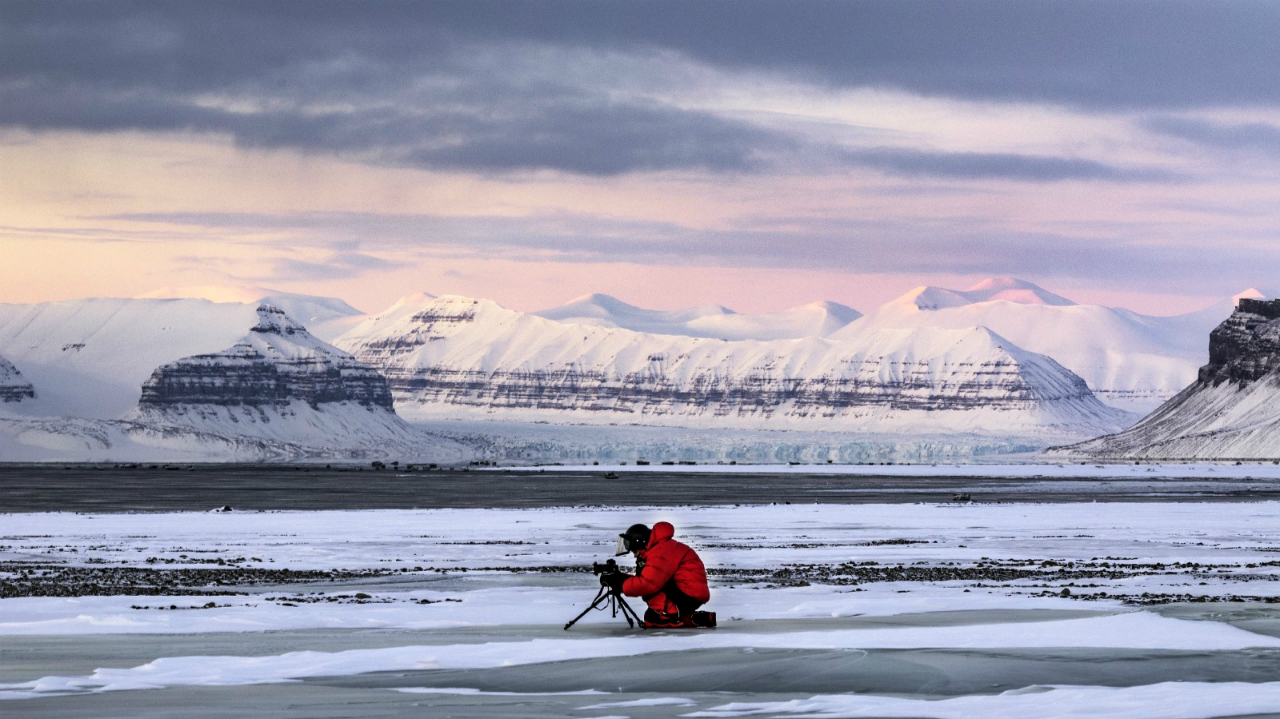
Harun Mehmedinovic
The duo had collaborated in 2007 for the pre-Copenhagen documentary „The 11th Hour“, a dramatically frightening call to arms to combat climate change. 12 years on, it seems they have been listening to the climate psychologists who says hope is a better catalyst for change than gloom and doom.
A Sky-Light Open In A Dark Room
This new film has works with the pace changes and light versus dark dynamics of a 1990s grunge song. We are offered a few minutes of terror, followed by a segment of optimism, then some more terror, then a new episode of solution-orientated hope. Emotionally they lock us in a dark room and then open a sky light.

Harun Mehmedinovic
The rhythm changes work like this: We’re reminded, by softly-spoken, unexcitable scientists, how close we are to the cliff edge of climate Armageddon. Then we meet renewable energy or carbon sequestration technicians who seduce us with the prospect that the antidote to the climate crisis has already been discovered and, at five minutes to midnight, all that is needed to divert the calamity is our collective willpower.
The odds of us changing direction before it is too late are long, admits ecologist Paul Hawken, the film’s Obi Wan Konobe figure, “but I’ll take them”
Given the importance of the subject and the political climate in which it has been launched, it is hard to judge this documentary too harshly. We need some straight-talking right now and an upifting message. „Fire on Ice“ is totally on message.
True, there’s nothing remotely inventive about it. Talking heads appear. They are well prepared and eloquent and explaining climate science or renewable Technology in a basic and understandable way. Leo DiCaprio’s sententious voice-over, elongating every vowel, bridges the gaps: drawling over beautiful drone-shots of the amazing landscape we are helping destroy and sermonizing about a fossil-fuel free future.
“Climate disruption opens up opportunities for everyone,” pontificates the Oscar-winner. “It is now more profitable than ever to be green.”
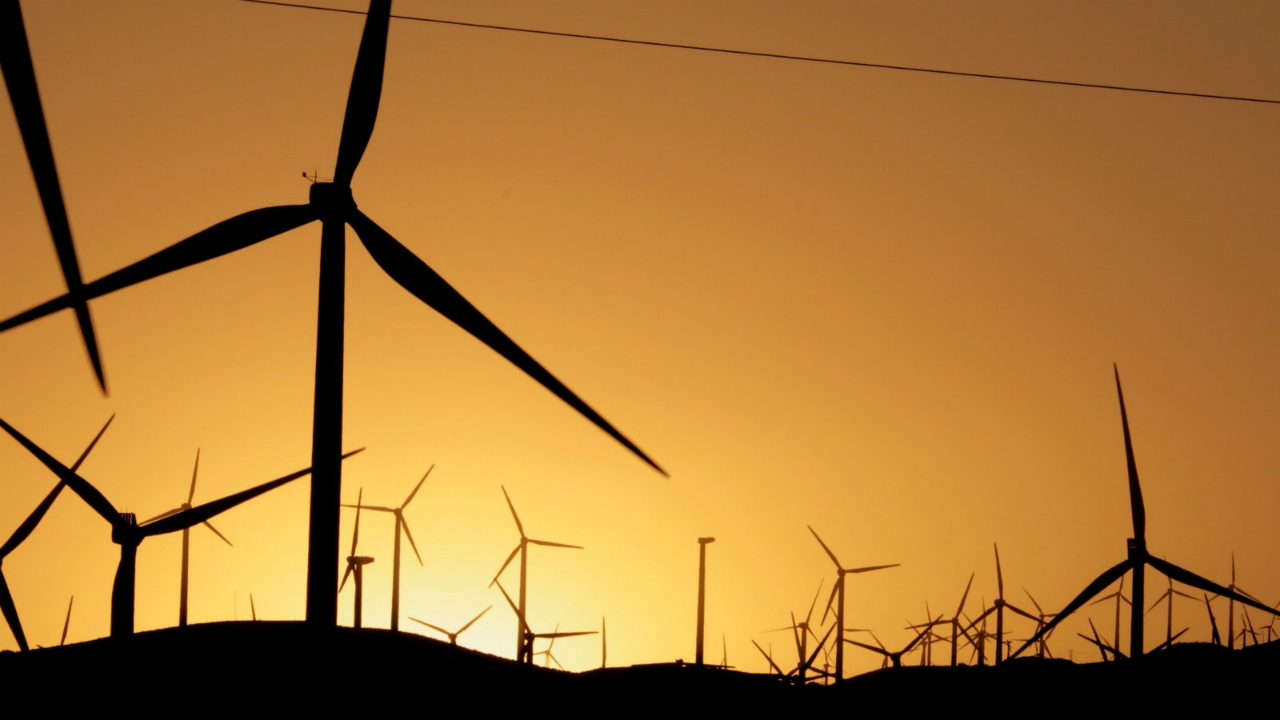
Harun Mehmedinovic
Scientists feature prominently and we are invited to admire and respect their work. We meet one taking alarming carbon measurements from snowy Colorado mountaintop, another explaining the frankly terrifying impact of climate change on biodiversity, while a team in Alaska set fire to methane leaks from frozen Arctic lakes, giving the film its dramatic title. Again, the experts pop up to deliver us facts and well-practiced analogies and then disappear.
A Living Room Bonfire
“We are a young species, and we were curious” says biologist Janine Benyus, who has been documenting extinctions in Costa Rica. “And we dug up the carbon that had been sequestered by the Earth and we burned it, not knowing that it was like burning furniture in a house with its windows closed.”
It’s the sort of well-rehearsed stuff that we were delivered in the VHS science documentaries our teacher used to put on for us at school on the days we assumed he had a hangover. In fact, if it wasn’t for the voice of DiCaprio, I fear it would be the sort of film condemned to showings in front of the captive audience of the classrooms.
A Welcome Platform For Scientists
It would be easy to scoff at this mundane presentation, were it not for the urgency of the message. Climate science is so important and yet so under-represented in the mainstream media that a film that celebrates and gives space for the experts to explain their research is to be applauded.
Scientists have found themselves on the back foot in a populist age that values the folksy anecdote over the well-researched anecdote; any film that gives a platform to the people who actually know what they are taking about gets my vote.
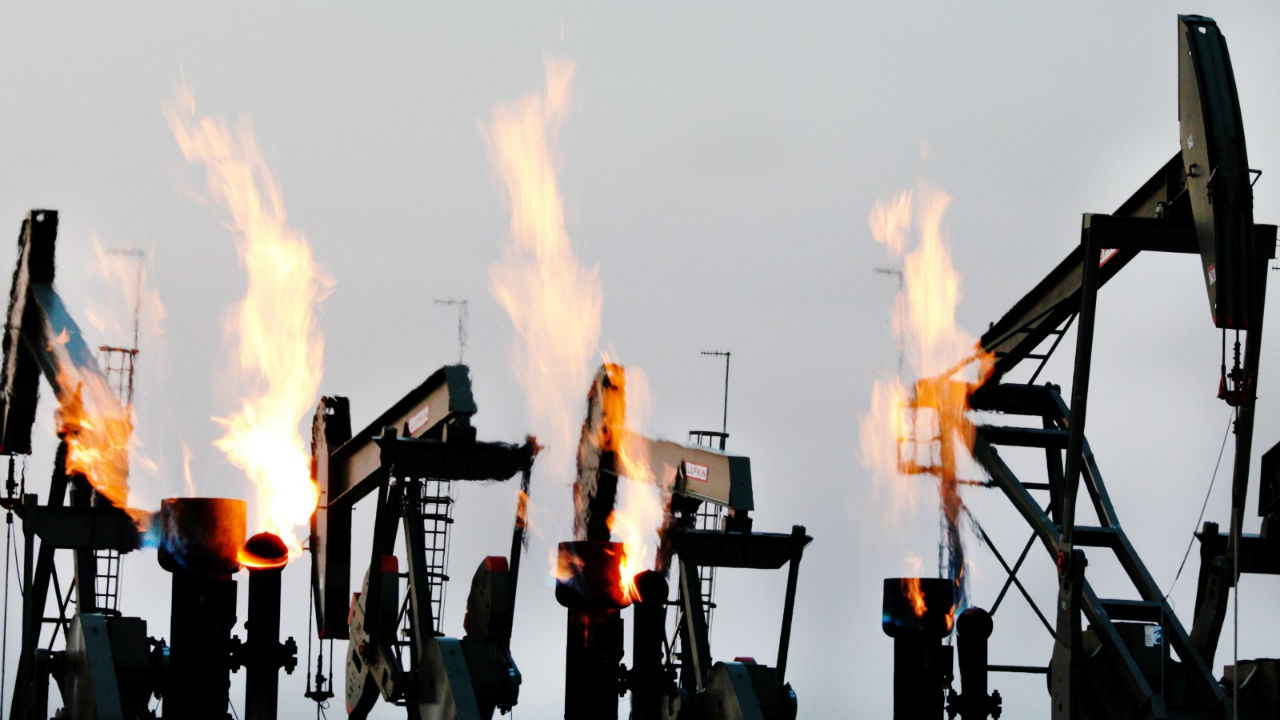
Harun Mehmedinovic
I’ll happily admit, even as someone who covers climate change on a daily basis, that I found the simply clarity with which the film explains the issue helpful.
The graphics showing, for example, how the industrial age disrupted the age-old balance between photosynthesis and respiration are a welcome cheat-sheet in understanding the most urgent issue humanity has probably ever faced.
It’s basic but earnest and respectful. Conners feels no need to patronize us. She trusts us to understand the importance of the research without resorting to gimmicky cartoons.
Marine Snow and Magic Charcoal
The invigorating sections of the documentary are the visits to the scientists and engineers who have come up with solutions that, if expanded, could not only limit climate change but, or so the film claims, even reverse it.
I learned a lot – about “marine snow” and carbon-capturing charcoal and, for the first time, I think I finally understand how tidal power generation works. It’s not exactly sexy knowledge, but let’s be honest, there’ll be no sex on a dead planet.
Here the filmmaking feels like a series of very well-made commercial spots for the renewable industry. We meet solar entrepreneurs in California, tidal energy pioneers off the Scottish west coast, a team sucking carbon dioxide out of the air in Iceland and turning it into rock, a team in Harvard producing bionic leaves aimed at change carbon dioxide into fuel and a very charismatic kelp farmer who says he wants to be “part of the team that perhaps saves the world”.
Much Needed Solutions
This is a form of pro-climate action propaganda. “We wanted to make a film that depicts the beauty of our planet while highlighting much-needed solutions across renewable energy and carbon sequestration,” writes DiCaprio in the films press notes. “I hope audiences will be inspired to take action to protect our beautiful planet.”
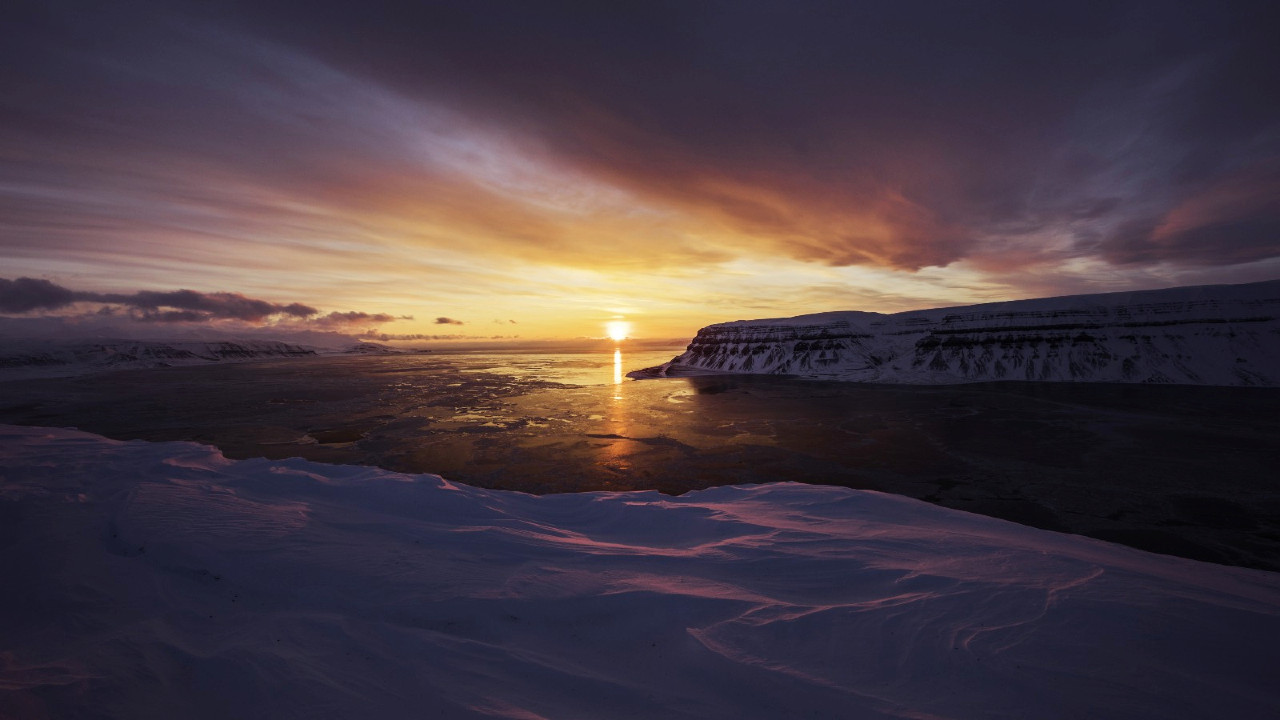
HARUN MEHMEDINOVIC
Conners doesn’t ask the renewable entrepreneurs any difficult questions. The fossil fuel companies are clearly evil and therefore not invited to speak. Trump appears for 15 seconds, talking about “clean coal” and proving that he is, quite frankly, an imbecile. The voice-over is worded like a half-time pep talk straight out of a David Brent motivational guide.
Waking from the slumber of climate defeatism
Call me delusional but at the end of the 97 minute running time, I started to feel hopeful. Like a man who has spent his life munching on cheeseburgers in Humvee and then finds a doctor who assures him that a morning cup of green tea and a half-hour daily stroll can stave off the inevitable heart-attack, I WANT to believe the message of this ultimately upbeat film. That tries to make us focus on the urgency of the issue but then wrench ourselves out of the slumber of climate defeatism.
Indeed, I felt optimistic thinking about this film almost for almost half of my bike ride to the studios, and then a SUV-driver sped past a stop-sign and almost mowed me down. Hollywood lets you dream, reality brings you down with a bump.
Fire on Ice was premiered at the Cannes Film Festival in May and is now available in the German-speaking world on SKY
Publiziert am 03.07.2019







